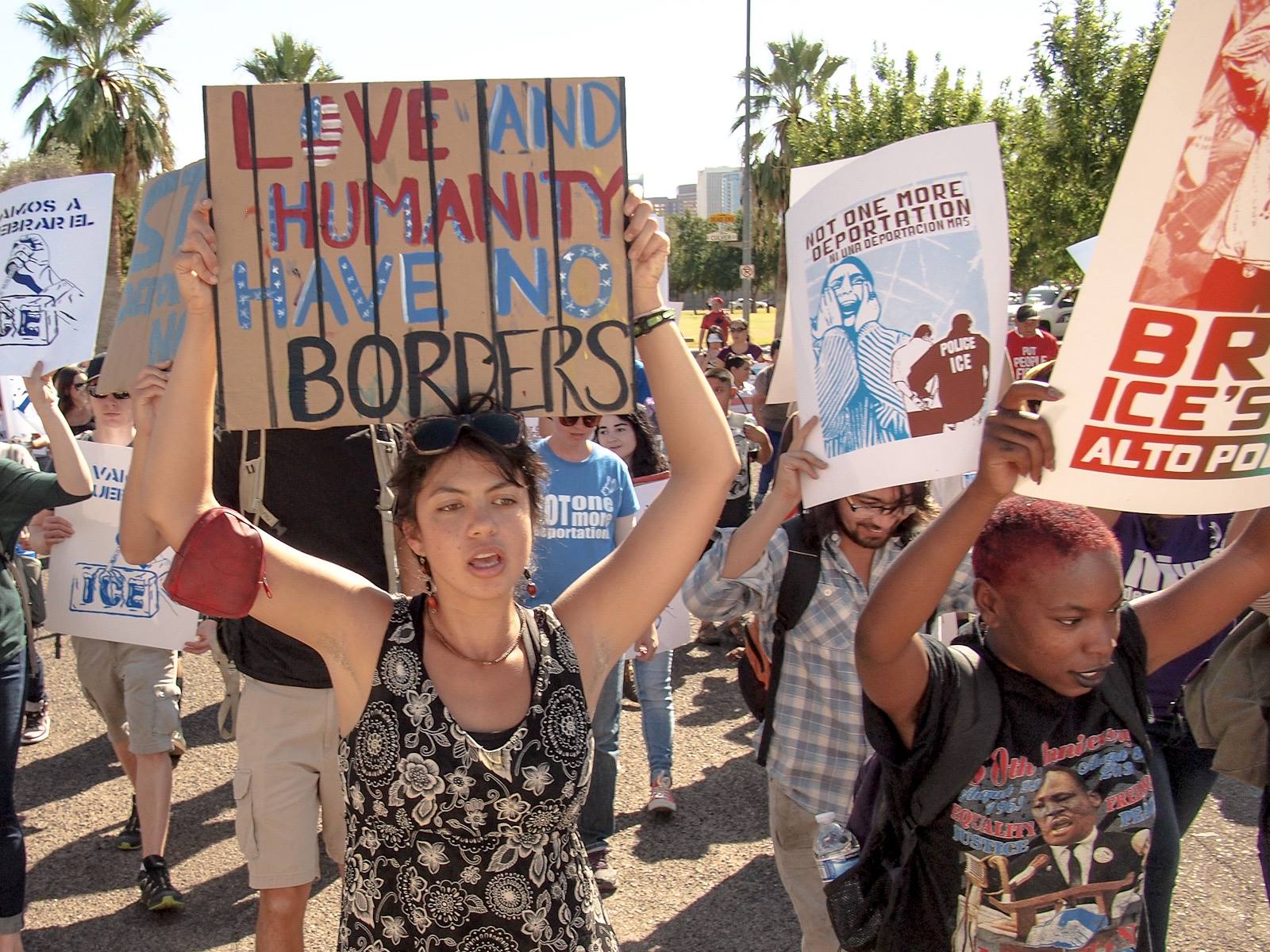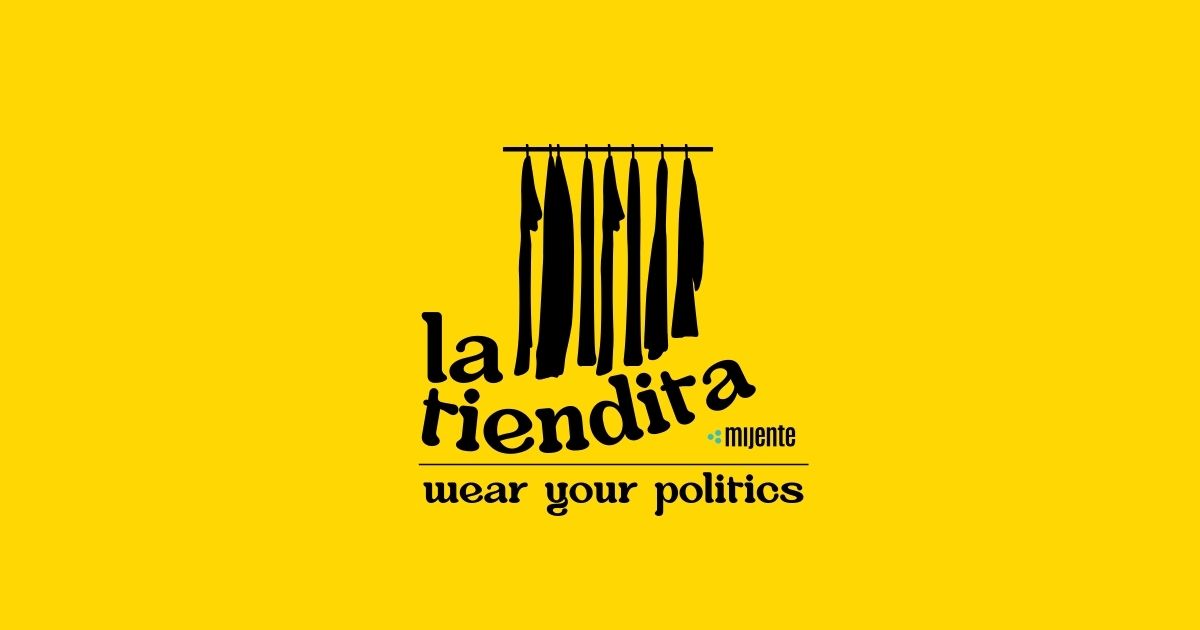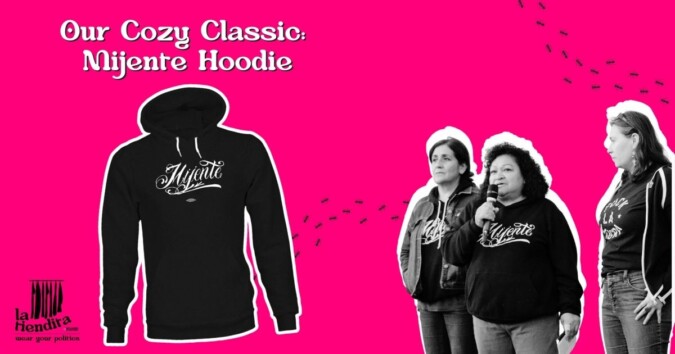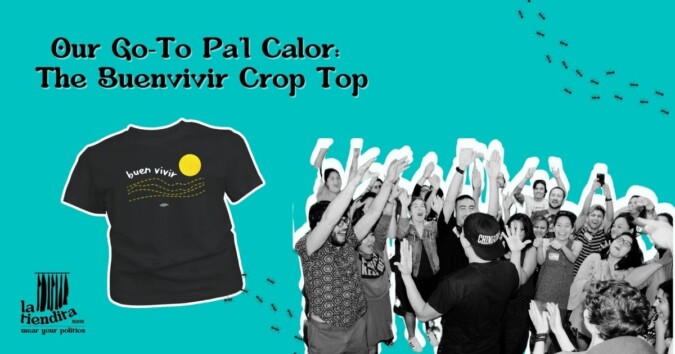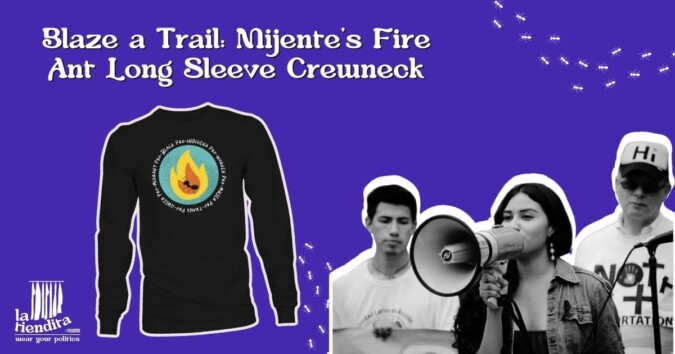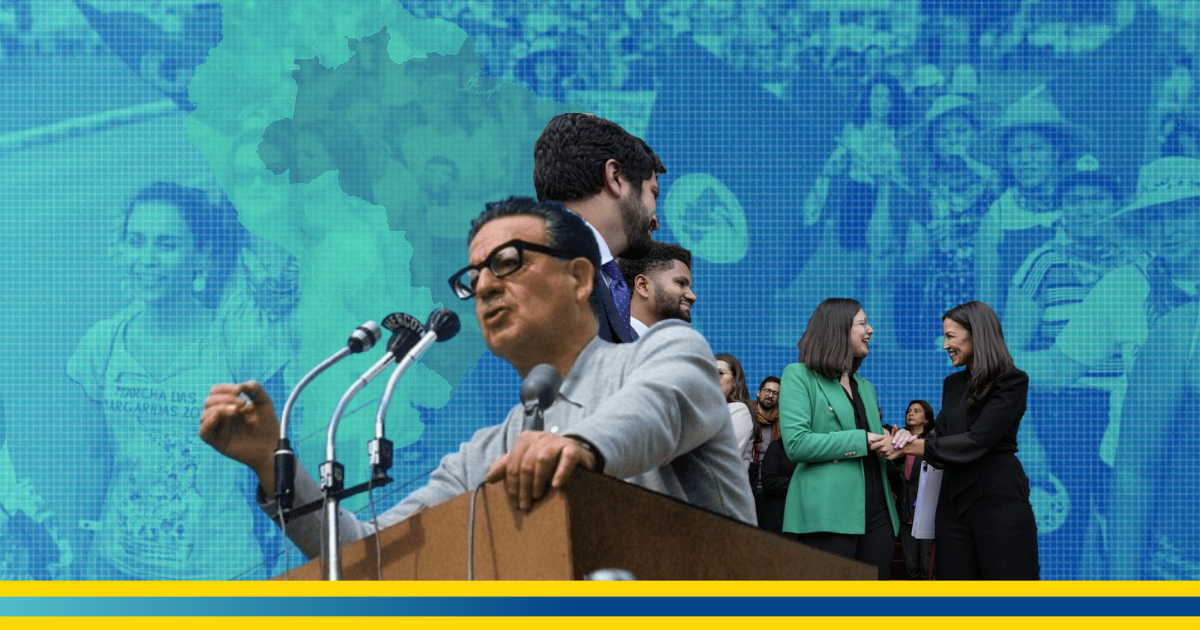Picture this: you’re scrolling through your Twitter feed – trauma dumping, subtweeting, or whatever vice you choose, then, bam. It’s not Twitter anymore, now it’s “X.” The cute blue bird we grew up with in the early 2000’s and the comforting blue quill that saw too many rants is gone, and for what?
We have Elon Musk to thank for this historic loss of original branding. And speaking of historic losses, aside from messing with things in the Twitterverse, Elon Musk is simultaneously disturbing native land and people here in Texas.
Most folks are probably familiar with “SpaceX”. It’s one of Musk’s many daring business ventures, centered around blasting heavy rockets and big dreams into the sky. Well, it turns out it’s not all fireworks and excitement, especially for the folks living near “Starbase” in Texas- it’s a SpaceX Invasion.
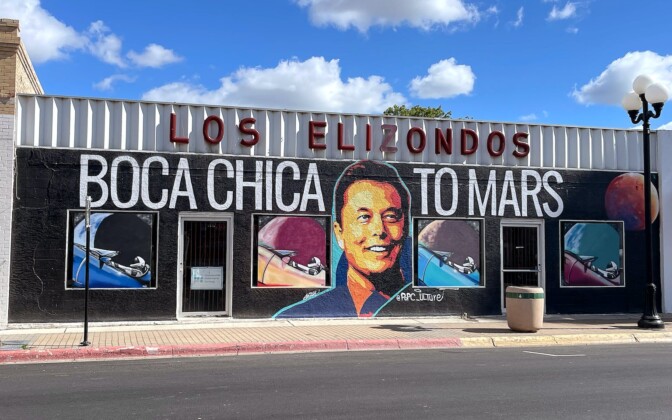
South Texas: The Lone Star Launchpad
Musk has received praise from all around the world for making huge strides to do the unfathomable, some calling his company the “pinnacle of technology.” He got his start in 2001 by purchasing a seat on the board of the Mars Society, a nonprofit organization advocating for Mars exploration. Eventually, Musk and his company found their way to South Texas in 2014, setting a foundation on Boca Chica Beach in Brownsville, Texas.
Why Texas? Many people have questioned the entrepreneur’s decision to set roots in a small, unassuming bordertown. But over time, it became clear that Musk knew exactly what he was doing.
- First, there are obvious geographical benefits of choosing a location near a large body of water that spans a massive 147.5 miles and has a year-round subtropical climate.
- Second, from an entrepreneurial standpoint, it’s been said that Musk chose the area because of the remarkably low cost of land compared to the rest of the nation. This tracks, given that Brownsville is one of the poorest cities in the country.
- Third, as the ‘enterprising businessman’ Musk is, he made a bet on the fact that cheap land could allow for cheap, exploitative labor.
- And lastly, according to Musk, another benefit of Brownsville and Boca Chica Beach was its relatively “sparse population”.
Nearly a decade later, Brownsville’s “sparse population” of 189,987 is becoming increasingly aware of the harmful and careless impacts that SpaceX imposes on their land and people – and they’re fighting back.
The New Frontier of SpaceX
Before going into the impacts of SpaceX on Boca Chica Beach and Brownsville, it’s important to understand just how remarkable this particular environment actually is. Most people don’t know that Boca Chica Beach is home to some of the most “sensitive habitats in the world”. It hosts a variety of migrating shorebirds, endangered species, and precious biodiversity that can’t be found anywhere else.
Similarly, Brownsville is home to a unique and rich culture – a blend of Mexican and Texan culture, Tejano as we say, with a distinct bordertown perspective. It’s filled with people who have immense love, care, and pride for their town. Which is why the impacts of SpaceX are felt so deeply and widely amongst South Texas residents.
Elon Musk and partner companies promised Brownsville residents that SpaceX would be a good thing for their town. That it would bring growth in the form of new jobs, investment in the local university, and new waves of tourists. These claims were echoed and supported by Brownsville officials like Mayor Trey Mendez, Helen Ramirez (Executive Director of the Greater Brownsville Incentives Corporation), and more. They were eager and excited to become the new “Silicon Valley of Space”.
The Effects of SpaceX
As far as the real impacts of SpaceX go, the launching of test rockets from “Starbase” has caused widespread environmental damage and public disruption:
- Recurring grass fires that have damaged over 100-acres of protected land
- Noise pollution as loud as a jet engine that can be heard over 30 miles away
- Chunks of scrap metal and debris falling along the beach, in resident’s backyards, and even scattered for miles far away from the launch complex.
- Increased closures of Boca Chica Beach, stripping away public access
Another major issue is the rapidly rising cost of living in and around the Brownsville area. Many local residents have spoken out about rent increases and the surging price of homes, especially after Musk decided to invite people over Twitter/X to move to South Texas for SpaceX jobs. The same jobs he promised would go to locals. Even Brownsville officials are coming to terms with the reality of these deceptive, broken promises, as the bold vision for a flourishing Space economy in Brownsville fades away.
Our People en la Lucha
In turn, Brownsville residents have taken matters into their own hands. From the streets, to social media, and to various news outlets, they are exposing the harmful effects of SpaceX in South Texas. One local organization, Entre, an artist-run community film center and regional archive, turned their concern and love for Boca Chica Beach into a community archival project. They invite local residents to share their stories and memories of Boca Chica, using the “power of memory, storytelling, and archiving to preserve and celebrate the cultural richness of our communities and land”.
Last year, a bolder message against SpaceX was written in graffiti on a downtown Brownsville mural in the words “gentrified stop SpaceX”. This “BTX” mural is the same mural that the City of Brownsville used $20,000 of Musk Foundation money to commission a Los Angeles artist for instead of hiring a local artist- a questionable choice that has forced many residents to think- “so much for keeping the money within the city’s economy.”
Echoes of the Past: The Ongoing Story of Neocolonialism
As this all too familiar chain of unfortunate events pans out in South Texas, it prompts us to look back at the history of colonialism in the rest of the nation and the world. Unfortunately, the disturbance of South Texas land and its inhabitants isn’t a unique phenomenon. From the dawn of time we’ve been taught about historical pioneers – usually rich, white men who “discover uncharted lands.” Think Christopher Columbus, Lewis and Clark, Ferdinand Magellan. We recognize colonization in its past form, but what does it look like in a modern context?
Neocolonialism manifests in a seemingly less dramatic but equally destructive way. Less swords and ships, but just as much disease-spreading and indigenous displacement. We see it today in places like Hawaii, where natives are being pushed out of their homes and dealing with water crises imposed by the white-dominated tourism industry. Or in other places like San Diego, California where wealthy business investors and hipsters flock to cheaper, working-class communities that are often occupied by people of color. And like we’ve shared, in South Texas, where a wealthy and notable business transplant “discovered” value in land that had been “yet to be tapped into.” Let’s call it what it is: exploitation and systemic displacement of our communities.
Finally, it’s important to discuss the historical erasure of native voices from colonization, especially as these trends bleed into our present day. Brownsville and Rio Grande Valley natives are concerned about their land, their environment, and the displacement of their people. Leaders who are in positions of power have a responsibility to listen to their people, especially when they are making decisions that directly affect them.
This goes for local leaders like Brownsville Mayor Trey Mendez, an Elon Musk superfan who has willingly and eagerly lent his support to the SpaceX campaign and Musk Foundation. Mayor Mendez has forgone Brownsville residents’ concerns about the harmful effects of SpaceX in South Texas and put his own interests ahead.
What’s more, Mendez engaged in a controversial incident involving the doxxing of a resident who expressed disagreement with him. Last year, when the BTX Brownsville mural was graffitied, Mendez publicly shared his suspicions on Facebook, revealing the name and workplace of a resident he suspected to be responsible. Despite lacking concrete evidence, Mendez justified his actions on the grounds of blurry surveillance video footage (which didn’t even reveal the person’s face), and the resident’s history of environmental activism and anti-SpaceX advocacy. Mayor Mendez’s public targeting of this resident is a prime example of the deliberate erasure of native voices. It was a tactic used to discourage and intimidate other advocates and organizers from speaking up about issues that matter to them.
Despite this, the people of Brownsville and Boca Chica Beach prevail, imbued with the grit of our ancestors. Against this backdrop of disinvestment and displacement, several South Texas organizations emerged– leading the fight against SpaceX by advocating for our precious environment and even going so far as to putting their very lives on the line in calling out this injustice. This is what la lucha looks like. We admire and stand beside our gente, and encourage you to do so too by following and uplifting these South Texas voices:
- Entre TX– an artist-run community film center and regional archive sharing stories and memories about Boca Chica Beach
- Trucha RGV– Independent multimedia platform dedicated to la gente, cultura, and social movements of the RGV
- Another Gulf Is Possible Collaborative– A women of color- centered grassroots collaborative of 10 members from Brownsville, TX to Port St Lucie, FL
- Carrizo Comecrudo Tribe– Indigenous tribe of Texas
- Voces Unidas– Rio Grande Delta organization centering anti-racism, indigenous wisdom, environmental defense, and immigrants rights
- Texas Sierra Club– Environmental Conservation Organization
Amidst all of this exploitation, displacement, and disruption, we leave you with an inspiring quote from the man himself:
You want to wake up in the morning and think the future is going to be great – and that’s what being a spacefaring civilization is all about. It’s about believing in the future and thinking that the future will be better than the past. – Elon Musk
We agree, a better future is what we ALL deserve. But don’t get it twisted – WE are the ones fighting to make the future better than the past. La lucha sigue.

